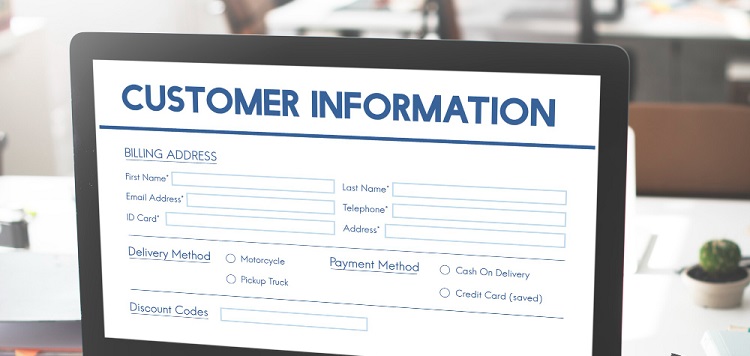In recent years, data collection has become a crucial aspect of businesses, especially with the ongoing digital revolution. Companies collect data on their customers by analyzing purchasing behavior, online browsing habits, and social media activity, among other things. Big data offers businesses a wealth of timely and useful insights into their customers, which they can use to create personalized product and service offerings that cater to their individual preferences. However, data collection must go hand in hand with customer trust and data privacy.
In this article, we will explore how businesses can use customer data platforms (CDPs) to prioritize customer trust and data privacy while still deriving valuable insights from their data.
The public’s perception of data collection
Recent surveys show that 81% of the public believes that the potential risks they face due to data collection by companies outweigh its benefits. Moreover, an alarming 79% of consumers say they are concerned about how companies use the collected data. These statistics indicate that trust and privacy are significant concerns for consumers today.
Prioritizing customer trust and data privacy in businesses
To gain customer trust, businesses need to prioritize privacy and data protection. This means taking measures to ensure that customer data is collected and processed ethically and transparently. Businesses should make sure that customers’ personal information is collected only for specific purposes and that it is not shared with third parties without their consent.
Understanding Customer Data Platforms (CDP)
A customer data platform (CDP) is a software platform that companies use to collect, manage, analyze, and activate customer data across multiple channels. With a CDP, businesses can collect data about their customers from various sources, including websites, mobile apps, social media, and customer service interactions.
The e-book “In Data We Trust” highlights how customer data platforms can help businesses obtain customer trust through privacy-driven personalization. CDPs can help businesses build customer profiles that allow for personalized product and service offerings that align with their preferences while keeping their data private.
The problems with data silos
When businesses collect customer data from various sources, these data sources often operate independently, leading to isolated data silos. Data silos can be costly and inefficient, resulting in inaccurate customer insights, including privacy preferences. It can be difficult for businesses to obtain an accurate 360-degree view of their customers.
The advantages of using a CDP
A customer data platform helps prevent data silos by collecting first-party data, which means that it is consented and comes directly from the source. This process ensures that the data is accurate and enables businesses to create a comprehensive 360-degree view of their customers in real-time. CDPs also propagate privacy preferences throughout the entire customer journey, ensuring that customers do not have to worry about their data being misused.
Using a CDP for customer personalization
Customers want to be known and understood regardless of how and where they engage with a brand. By using a CDP, businesses can collect trusted customer data from all touchpoints to produce a 360-degree view of their customers. This allows for real-time engagement on any channel based on customer preferences. The level of personalization that can be created is extensive and can be achieved at scale through a vendor-neutral, real-time CDP like Tealium.
Choosing the optimal CDP for your business
Choosing a vendor-neutral, real-time CDP like Tealium is an essential part of using CDPs effectively. Tealium allows businesses to access real-time data processing through APIs, which ensures that customer data is current and accurate. Additionally, Tealium supports various channels, including email, SMS, and push notifications.
In today’s data-focused business environment, companies must prioritize customer trust and data privacy. By utilizing a customer data platform such as Tealium, businesses can collect and manage customer data ethically and transparently, ensuring customer satisfaction. These platforms help reduce data silos and create a comprehensive 360-degree view of customers, which allows for personalized product and service offerings that cater to individual preferences. Meanwhile, customers don’t have to worry about their data being misused.

